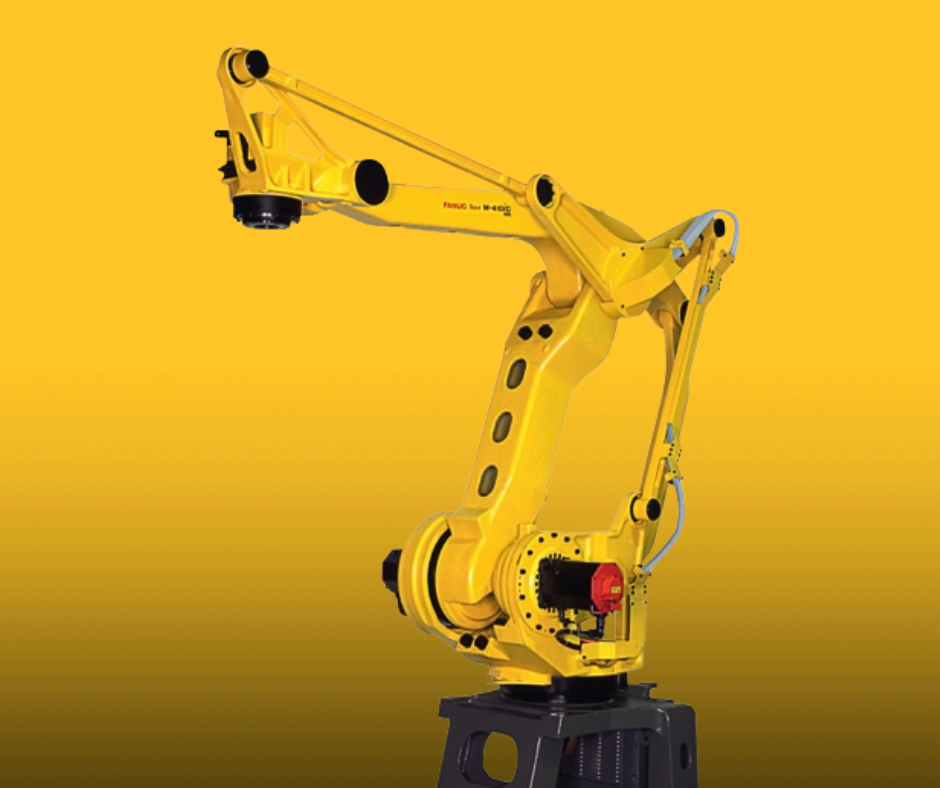Computer Numerical Control machining (CNC machining) has revolutionized manufacturing and engineering over the past few decades. CNC machining, which combines digital technology alongside traditional manufacturing processes is now a predominant way to manufacture precision components and products for a wide range of industries. This article examines the advantages and applications of CNC-machining. It also highlights the impact it has on technology.
The machining process of CNC is a complex one
CNC machining, also known as subtractive manufacturing is a process that removes material to form an ideal form from a piece of metal. The process is based on pre-programmed computers that direct the movements of machinery. The code that is generated by CNC machines is dependent on the kind of CNC machine and the complexity of the part to be produced. But the basic principle remains the exact same: a high speed cutter meticulously cuts off material to produce the final product.

Precision is among the main benefits of CNC machine. The digital nature of the process allows for incredibly accurate and reliable production, minimizing human error and making sure that batches are uniform across. This level of precision is essential in the fields that are susceptible to even the smallest deviations, such as aerospace, automotive manufacturing and medical devices.
The Role of Digitalised Computers in CNC Machine Operations
CNC machining has high accuracy and efficiency because of the integration of digital technology. Specialized software automates all manufacturing processes. The software converts CAD models into precise instructions that the CNC machine follows in order to create the component. The instructions are able to dictate everything from the direction and speed of the cutting tool to the angle and depth of each cut.
In industrial facilities with larger capacities computers are typically integrated directly into CNC machines. They allow for seamless communication, and control. This integration permits real-time adjustments and monitoring to ensure maximum performance and minimize the amount of downtime. CNC machining is automated, which allows for continuous production. This allows for an increase in productivity.
CNC Machining Advantages
CNC machining offers many advantages over other methods of manufacturing. The ability to produce complex, intricate parts with high-precision is one of the most significant advantages. CNC machining is accurate, eliminating the requirement to make manual adjustments or rework. This reduces the amount of waste and improves efficiency. Furthermore, CNC machines can operate in a continuous manner, which makes them perfect for production runs with high volumes.
CNC Machining also has another advantage that is its versatility. By changing the program it is possible to make use of the same machine to create various parts. CNC machine’s flexibility allows it to be used both for mass production and prototyping, which allows manufacturers to react quickly to market changes.
Automating CNC machineries improves the safety of workers. Accidents and injuries are reduced in situations where manual intervention isn’t required. CNC-machined components are also more reliable and perform better, increasing the satisfaction of customers.
CNC Machining Services: Benefits for Industries
CNC machines are used in a wide range of industries, each benefiting from its accuracy and efficiency as well as its flexibility. In the aerospace industry, CNC machines produce critical components that must meet stringent safety and performance standards. CNC machining is essential in the medical field for surgical instruments that are complex and implants, where precision is crucial.
CNC machineries are used in the automotive industry to produce engine components, transmissions parts, and intricate exteriors and interiors. The electronics industry also benefits from CNC machining, which can create small, intricate components for consumer electronics and communications devices. CNC technology is employed in the jewelry and art industries to create complex and unique pieces.
The future of CNC Machining
CNC capabilities for machining will continue to expand as technology improves. Innovative technologies like multi-axis machine machining, additive manufacturing integration, and the use of advanced material will push the limits of what can be achieved using CNC technology. In addition, the continuous development of machine learning and artificial intelligence can improve the effectiveness and accuracy of CNC machining processes.
CNC Machining is a highly efficient tool that has radically changed the world of manufacturing and engineering. It provides unparalleled precision, flexibility, and effectiveness. The capability to create highly accurate complex parts is a key tool for various industries. CNC machining, as the technology continues to evolve will remain an essential component of manufacturing’s future.
